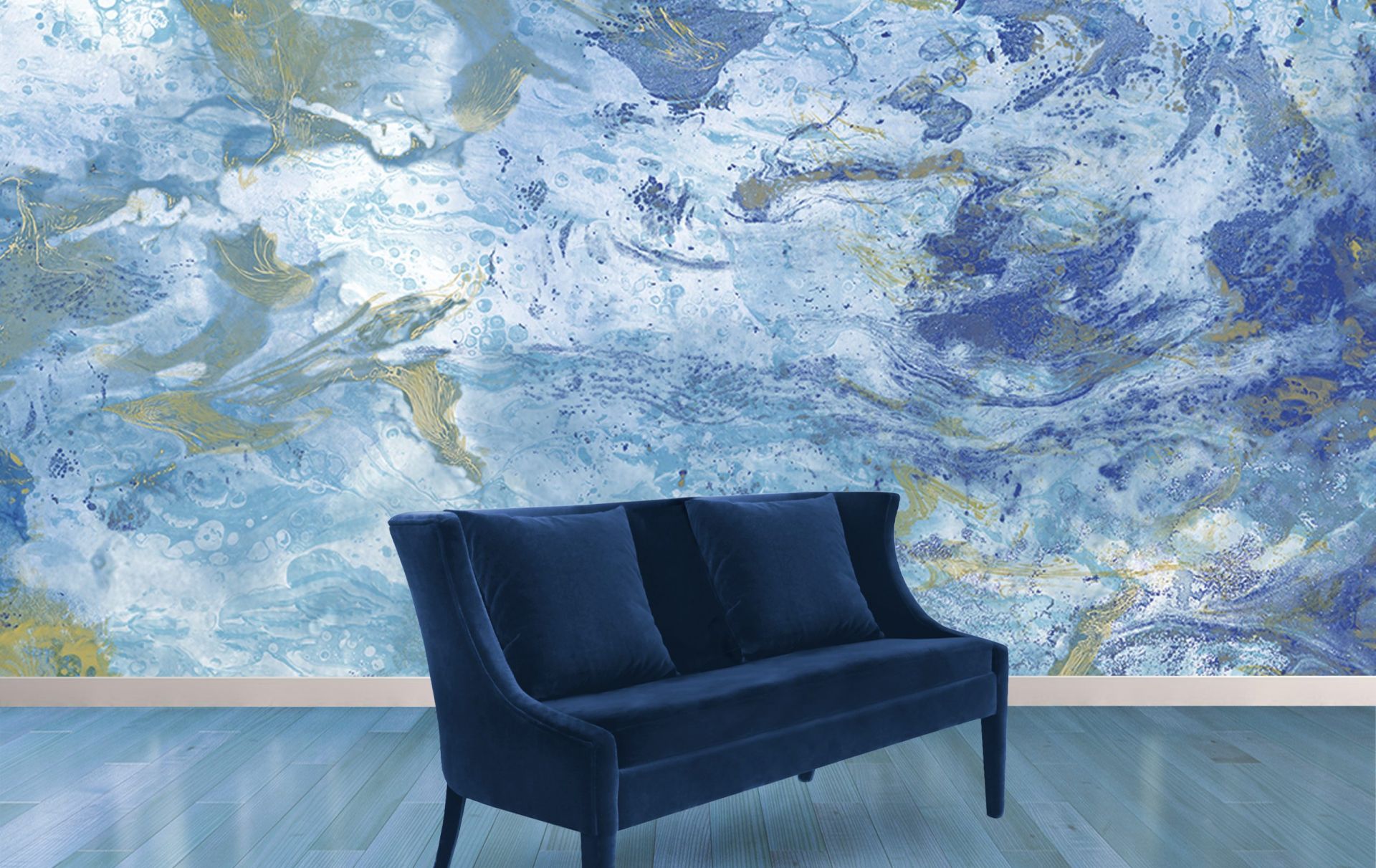
Matrix – Ocean (L11-2402MW)
Abstraction finds its roots in ‘intuition’ and ‘freedom’. It is the capability of the artist to use their imagination to look beyond what we can physically see and translate intangible emotions onto the canvas. Abstract paintings can be appreciated in terms of the individual elements of art: color, shape, line, texture, space and value.
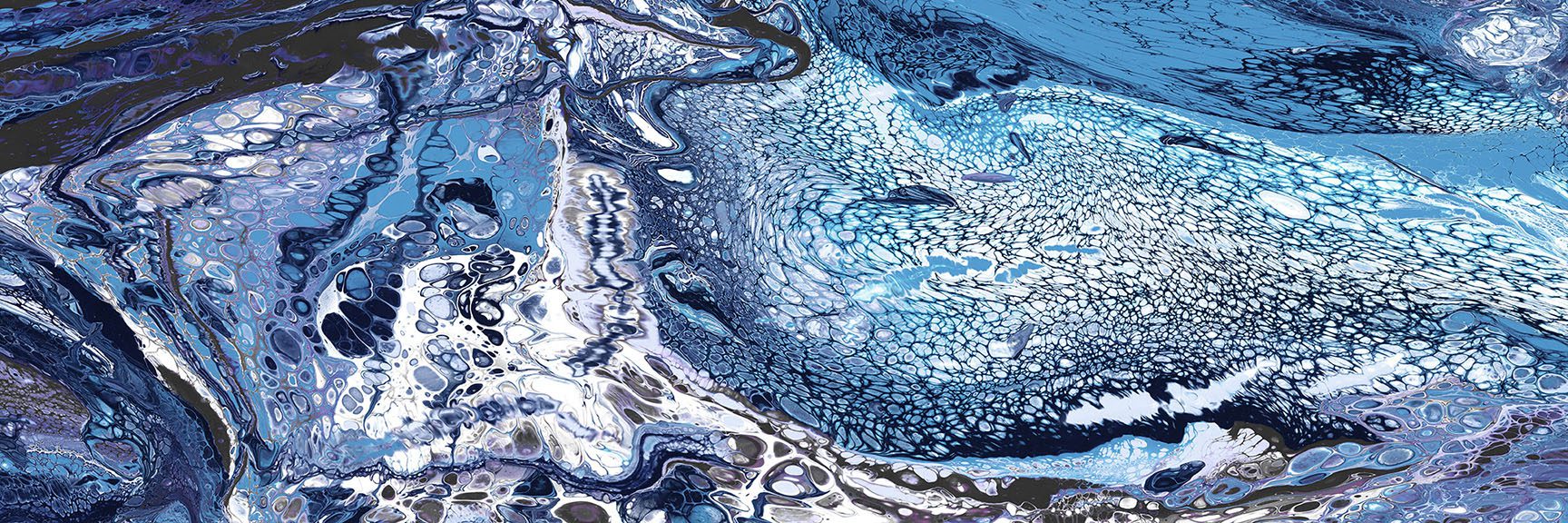
Ice Dragon – Lapis ( LX1102 )
There were two golden periods of abstract art: the first one between 1912 and 1925; the second one between 1947 and 1970. The new art movement started emerging in which artists began exploring expression of emotions and feeling through abstract. Indeed, the movement marked the shift of the creative centre of modern painting from Paris to New York City in the postwar decades.
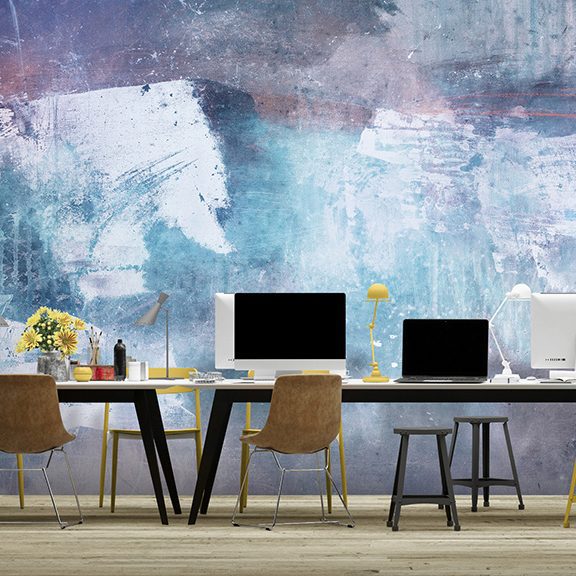
All or Nothing ( LX1304 )
With imposing color fields that communicated emotion, memory, inner strength, encouraging meditation and introspection. These artists came to be known as the Abstract Expressionists. Color-field painting, with Action painting, describe large-scale canvases dominated by flat expanses of color and having a minimum of surface detail.
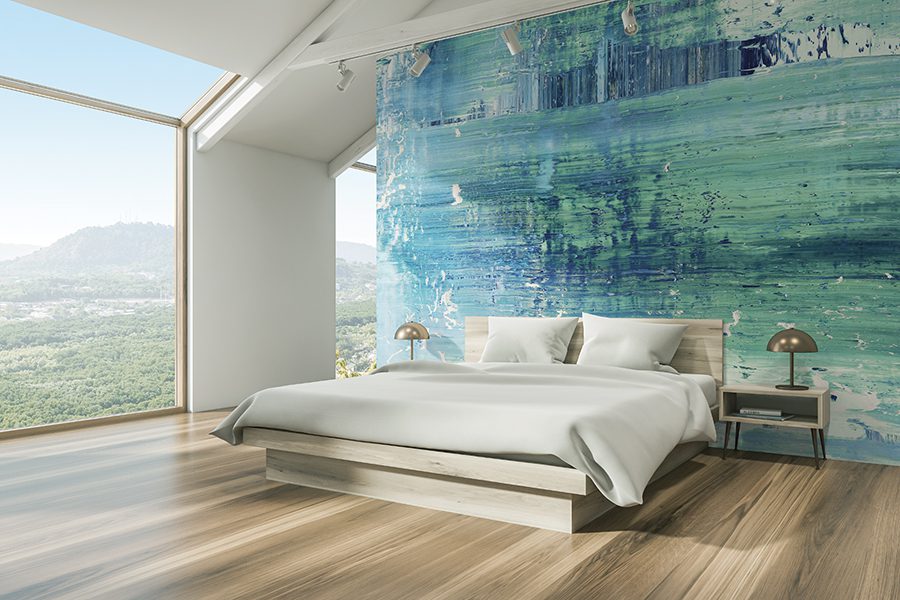
Monson #66
“Abstraction allows man to see with his mind what he cannot see physically with his eyes… Abstract art enables the artist to perceive beyond the tangible, to extract the infinite out of the finite. It is the emancipation of the mind. It is an exploration into unknown areas.” – Arshile Gorky
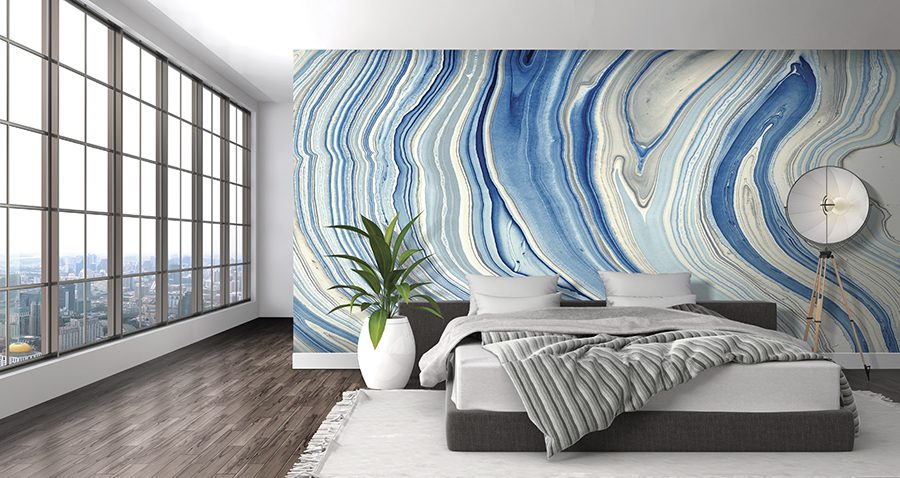
Crystaline – Indigo
( L11-1203 )
Look at abstract art in the same way that you would listen to a symphony. How do the colors make you feel? What sensations and memories emerge? Let the painting “speak” to you.
How are we supposed to deal with art completely removed from recognizable objects? And why should we? This is the case for Abstraction.

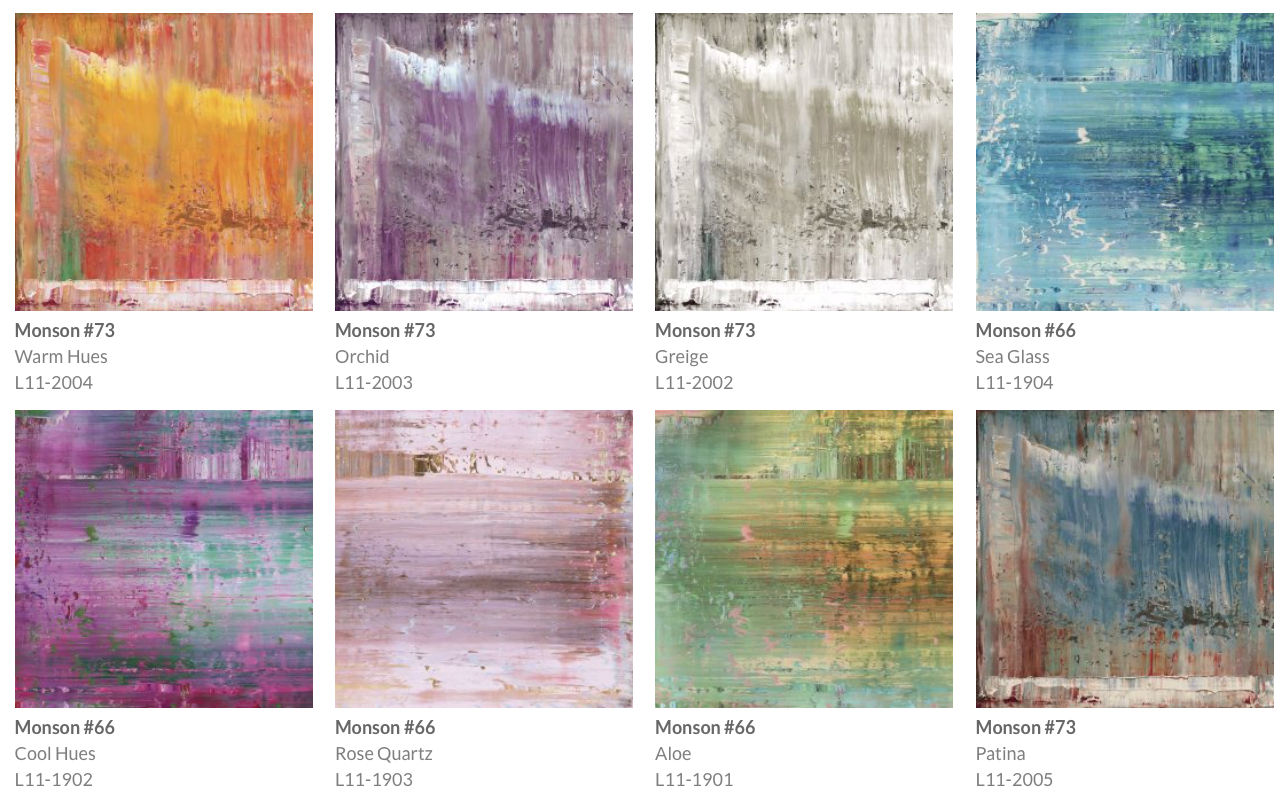
Larry Cannon
Hello. I love the concept of Abstraction. How / where can I get a sample of this application? I particularly like the Patina, greige, sea glass and warm hues.
Heather Hendrix Thagard
I’d love to see some additional installation shots